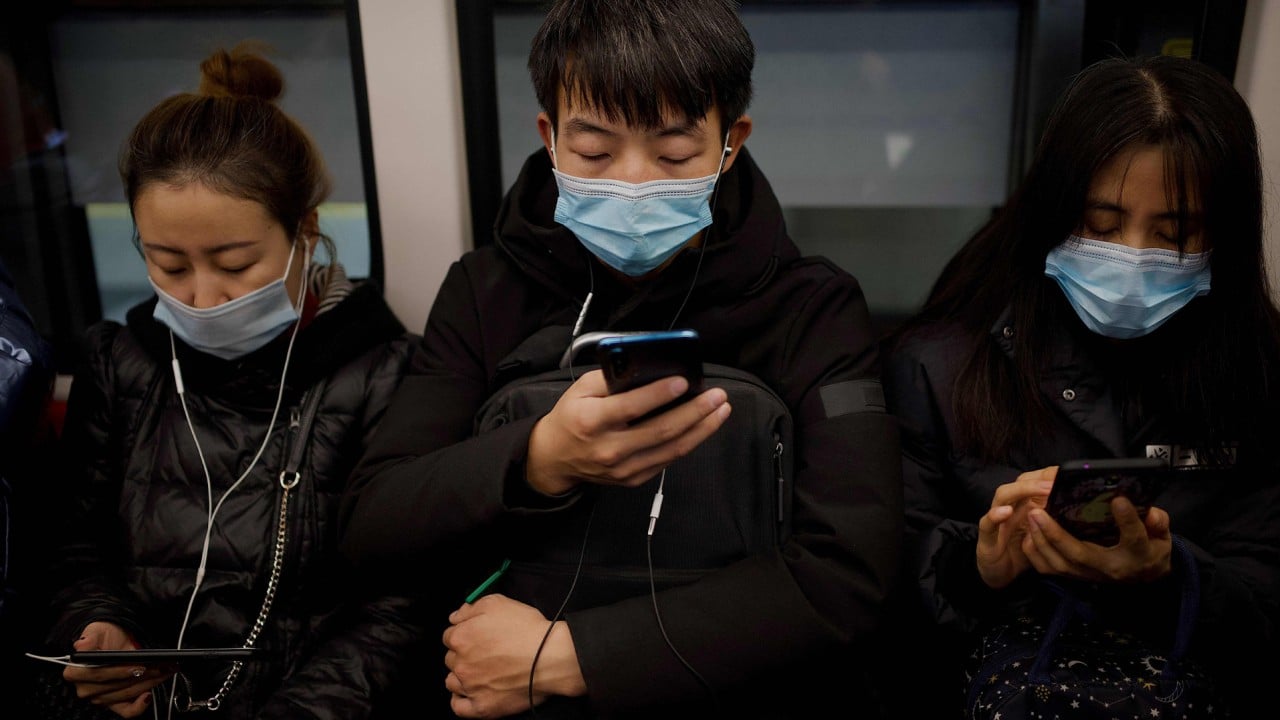
Beijing removes 90 apps in crackdown on information collection, flexing new data regulation muscles
- The Ministry of Industry and Information Technology removed 90 apps from app stores on Thursday over the “irregular collection of personal information”
- The move comes two weeks after the implementation of a new regulation on what types of user data apps can collect
Beijing ordered domestic app stores to remove 90 apps on Thursday over the alleged “irregular collection of personal information” in a show of strength from regulators that have been increasingly cracking down on how tech companies manage data.
China’s Ministry of Industry and Information Technology (MIIT) announced that the apps were being taken “offline” for an indefinite period. The affected apps include online ticket booking platform Damai, online travel booking app Tuniu, China’s biggest LinkedIn rival Maimai, and Tianya, an online community for people to share views and ideas. Users who already have the apps installed can continue to use them.
The apps were also accused of other wrongdoings, including “requesting user authorisation in a compulsory, frequent and excessive manner”, “forcing users to use targeted promotions”, “collecting user data beyond a defined range” and “misleading users to download the app”.
China makes it harder for Big Tech to collect personal information from users
Damai, Tuniu, Maimai and Tianya allegedly committed the misconduct “repeatedly”.
Maimai said on its official Weibo page on Thursday that it “sincerely apologises for the concerns” and has formed a specific team to investigate the issues. “We will complete the rectification and report it to the authorities for review as soon as possible,” the company said.
Tianya also said in a statement on Weibo on Friday that it is “deeply sorry” and is actively working to “complete the rectification and get app stores’ approval to put the app back as soon as possible”.
The removals are the latest wave in a series of campaigns from Beijing that have intensified scrutiny of personal data collection and other practices by Big Tech companies deemed monopolistic or abusive.

00:56
China now has nearly 1 billion internet users
While being unavailable for download is a big blow to services that primarily rely on their mobile apps, they could be made available again at a later date if they make improvements to satisfy regulatory requirements. However, MIIT asked app stores to maintain strict standards when reviewing the apps seeking to return.
In the past, other apps that have been removed were made available again after changes.

